The Cork City Northern Transport project will provide improved regional accessibility and connectivity around Cork City. A range of multi-modal transport options will be considered and appraised as part of the options selection process. The project is being developed in accordance with the TII Project Management Guidelines (PMG). Atkins Ireland has been appointed by Cork City Council as the Consultant to progress the scheme. Cork National Roads Office are managing the project on behalf of Cork City Council and Transport Infrastructure Ireland (TII). The future development of the scheme is subject to the relevant approvals and funding being provided.
The project aims to deliver on the strategies and objectives of the National Development Plan (NDP) (2018 – 2027) and National Planning Framework (NPF) and the National Investment Framework for Transport in Ireland (NIFTI). The need for the project stems from the requirement to improve regional connectivity, including to Ringaskiddy Port and Cork Airport, and resolve traffic congestion, safety and environmental problems resulting from mixing of HGV freight and other traffic in the city. The project is needed to improve the long term resilience of the city transport network.
The Cork City Northern Transport Project is included in the relevant planning policies, including the draft Cork City Development Plan 2022-2028 and the Cork Metropolitan Area Transport Strategy 2040. The current commission will identify a preferred option for the project. The advancement of the project through planning, design and ultimately construction is subject to ongoing funding and statutory approvals.
The TII Project Management Guidelines (PMG) inform the planning and design process. A study area has been defined and constraints will be identified. At that point there will be a period of non-statutory public consultation, and the public will be invited to make submissions or comments on the study area and constraints. Initial feasible options will then be identified and assessed by Atkins, and a shortlist of options will be selected. These options will be further refined and appraised before a preferred option is identified.
Stage 1 of the TII Option Selection process is the ‘Preliminary Options Assessment’. The assessment criteria of the initial Feasible Options are ‘Engineering’, ‘Environment’ &‘Economy’.
After the Initial Feasible Options are assessed and shortlisted under the headings ‘Engineering’, ‘Environment’ &‘Economy’, the Options will go on public display and there will be a period of non-statutory public consultation. Feedback and comments received through the public consultation will be considered by the Project Team when identifying a Preferred option. The remaining options are assessed under Stage 2 of the TII Option Selection process. The assessment criteria will be ‘Economy’, ‘Safety’, ‘Environment’, ‘Accessibility and Social Inclusion’, ‘Integration’ and ‘Physical Activity’.The emerging Preferred option is based on TII’s Stage 1 and Stage 2 Option Selection assessments. During Stage 3 of the Option Selection Process a further period of non-statutory public consultation will take place and the public will be able to make submissions or comments on the emerging Preferred option
It is possible that some property may be affected, and a small number may need to be purchased to facilitate the project. Every property is considered as a significant constraint in the option selection process and in so far as possible, the project will seek to avoid and/or minimise impacts. If property acquisition is ultimately required to facilitate the project, affected property owners will be consulted directly by the Project Team at the earliest stage possible.
Given the scale of the project, it is likely that all lands required for the project will be acquired by a Compulsory Purchase Order (CPO). Should any part of a person’s private land/ property holding be included in the CPO, the land/property owner is entitled to compensation. This may also be the case for a person who may have an interest in any land/ property identified in the CPO. Compensation will be provided in accordance with CPO legislation.
New planning applications within the study area or option corridors may have an impact on the delivery or cost of a future project. Planning applications and new developments may still be granted within the study area/option corridors, however as some planning applications may affect the project all relevant planning applications will be reviewed by the Project Team. Each application will be considered on a case by case basis and a considered opinion will be formed in relation to the potential impact of the application on the project. In some cases the design team may recommend an application is premature subject to the preferred option being determined.
Each planning application within the study area will be reviewed on a case-by-case basis until the option selection process is complete.
NOT REQUIRED
Initial traffic data collection will take place in autumn 2021. This information will be analysed and used to develop a transport model, which will inform the options selection phase.
The Project Team will consider inputs from members of the public, such as submissions received through the public consultation processes, or identification of the local issues. This will contribute to the development of the option selection process and scheme design.
Working in partnership with:









